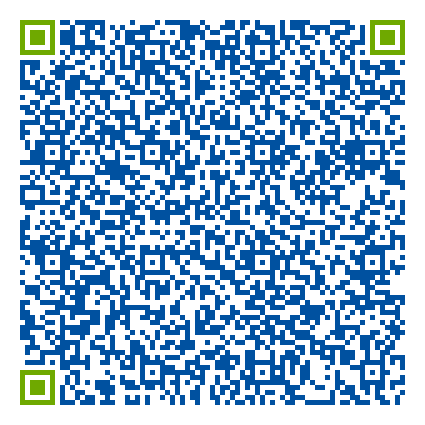Spin Current Transport
- Date
- Jan 19, 2017
- Time
- 11:00 AM - 1:00 PM
- Speaker
- Prof. Dr. Sebastian T. B. Goennenwein
- Affiliation
- Institut für Festkörperphysik, TU Dresden
- Series
- MPI-CPfS Festkörperphysikalisches Kolloquium
- Language
- en
- Main Topic
- Chemie
- Other Topics
- Physik, Chemie
- Host
- Prof. A. Mackenzie, Dr. C. Geibel
- Description
- Pure spin currents – i. e., directed flows of spin angular momentum – are a fascinating manifestation of spin physics in the solid state. Pure spin currents can propagate not only in metals and semiconductors, but also in magnetically ordered insulators. This makes a whole new set of materials and material combinations interesting for spin transport experiments and spin-electronic devices. Moreover, in the last decade, robust experimental schemes for the generation and/or detection of pure spin currents have been established, sparking intense research activities. In ferromagnet/normal metal thin film heterostructures for example, pure spin currents can be generated by means of spin pumping [1,2], or via the application of thermal gradients in the so-called spin Seebeck effect [3,4]. An elegant concept for detecting spin currents relies on the inverse spin Hall effect: Because of spin-orbit coupling, a pure spin current induces a charge current, which can be measured using conventional electronics [2,3,4]. The interplay between spin and charge transport furthermore gives rise to the so-called spin Hall magnetoresistance (SMR) effect [5], and allows for the electrical quantification of magnon diffusion lengths in magnetic insulator/normal metal nanostructures [6,7]. In the talk, I will give an introduction to pure spin current transport and spin Hall physics, and then address recent highlights as well as interesting perspectives for pure spin current based experiments and spin current circuits. References [1] Y. Tserkovnyak et al., Phys. Rev. Lett. 88, 117601 (2002). [2] F. D. Czeschka et al., Phys. Rev. Lett. 107, 046601 (2011). [3] K. Uchida et al., Appl. Phys. Lett. 97, 172505 (2010). [4] M. Weiler et al., Phys. Lett. Lett. 108, 106602 (2012). [5] H. Nakayama et al., Phys. Rev. Lett. 110, 206601 (2013). [6] L. J. Cornelissen et al., Nature Phys. 11, 1022 (2015). [7] S. T. B. Goennenwein et al., Appl. Phys. Lett. 107, 172405 (2015).
- Links
Last modified: Jan 19, 2017, 9:02:19 AM
Location
Max-Planck-Institut für Chemische Physik fester Stoffe (Seminarraum 1+2, Nöthnitzer Straße 40, 01187 Dresden)Nöthnitzer Straße4001187Dresden
- MPI-CPfS
- Homepage
- http://www.cpfs.mpg.de/
Organizer
Max-Planck-Institut für Chemische Physik fester StoffeNöthnitzer Straße4001187Dresden
- MPI-CPfS
- Homepage
- http://www.cpfs.mpg.de/
Legend
- Biology
- Chemistry
- Civil Eng., Architecture
- Computer Science
- Economics
- Electrical and Computer Eng.
- Environmental Sciences
- for Pupils
- Law
- Linguistics, Literature and Culture
- Materials
- Mathematics
- Mechanical Engineering
- Medicine
- Physics
- Psychology
- Society, Philosophy, Education
- Spin-off/Transfer
- Traffic
- Training
- Welcome


